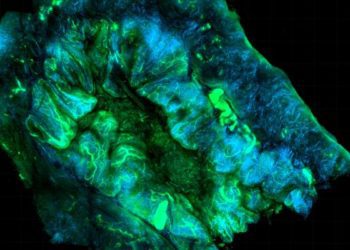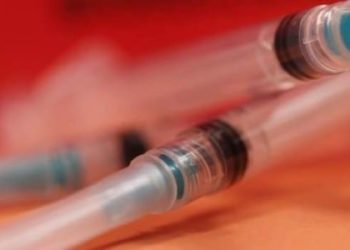Self-administered hypnosis may improve hot flashes among postmenopausal women
1. Six weeks of self-administered hypnosis reduced hot flash scores and daily interference from hot flashes compared with sham hypnosis among postmenopausal women.
Evidence Rating Level: 1 (Excellent)
Menopausal hot flashes can lead to adverse health outcomes and decreased quality of life. While therapist-delivered hypnosis has been shown to reduce the frequency and severity of hot flashes, the efficacy of self-administered hypnosis for hot flashes remains unknown. This study thus evaluated the efficacy of a self-administered hypnotic intervention for hot flashes among postmenopausal women. This randomized clinical trial was conducted between March 4, 2019, to February 16, 2024, at two US universities and included postmenopausal women with a minimum of 4 daily hot flashes or 28 weekly hot flashes at baseline. Participants were randomized 1:1 to a 6-week daily self-administered hypnosis group or a self-administered sham hypnosis (white noise) group. The hypnosis group underwent daily 20-minute sessions of audio recordings that included suggestions for relaxation and cooling mental imagery. The primary outcome was the change in hot flash score from baseline to 6 weeks. The hot flash score (lower scores indicate less frequent and less severe hot flashes) was calculated based on information in the participants’ daily hot flash diary. Of the 250 women included in the study (mean [SD] age, 55.9 [6.9] years), 126 (50.4%) were in the self-administered hypnosis group and 124 (49.6%) in the sham hypnosis control group. At 6 weeks, participants in the hypnosis group experienced greater improvements in mean (SD) hot flash scores (baseline score, 88.7 [61.3] vs 6-week score, 41.3 [50.8]; 53.4% decrease) compared to those in the control group (baseline score, 94.6 [81.6] vs 6-week score, 55.9 [50.9]; 40.9% decrease; P = .04). The hypnosis group also had a greater reduction in daily interference (baseline mean [SD] Hot Flash Related Daily Interference Scale [HFRDIS] score, 49.3 [22.6] vs 6-week score, 25.0 [22.4]; 49.3% decrease) compared with the control group (baseline mean [SD] HFRDIS score, 47.3 [22.4] vs 6-week score, 29.6 [22.0]; 37.4% decrease), as well as more participants reporting perceived benefits (90.3% [93 of 103] vs 64.3% [63 of 98]). No intervention-related adverse events were reported. Overall, this study found that a 6-week self-administered clinical hypnosis reduced hot flash scores and daily interference from hot flashes compared with sham hypnosis. These results suggest that self-administered hypnosis for hot flashes is a safe and promising option for postmenopausal women experiencing hot flashes. Future studies should explore the long-term effects of hypnosis for hot flashes in this population.
Click here to read this study in JAMA Network Open
Image: PD
©2025 2 Minute Medicine, Inc. All rights reserved. No works may be reproduced without expressed written consent from 2 Minute Medicine, Inc. Inquire about licensing here. No article should be construed as medical advice and is not intended as such by the authors or by 2 Minute Medicine, Inc.







